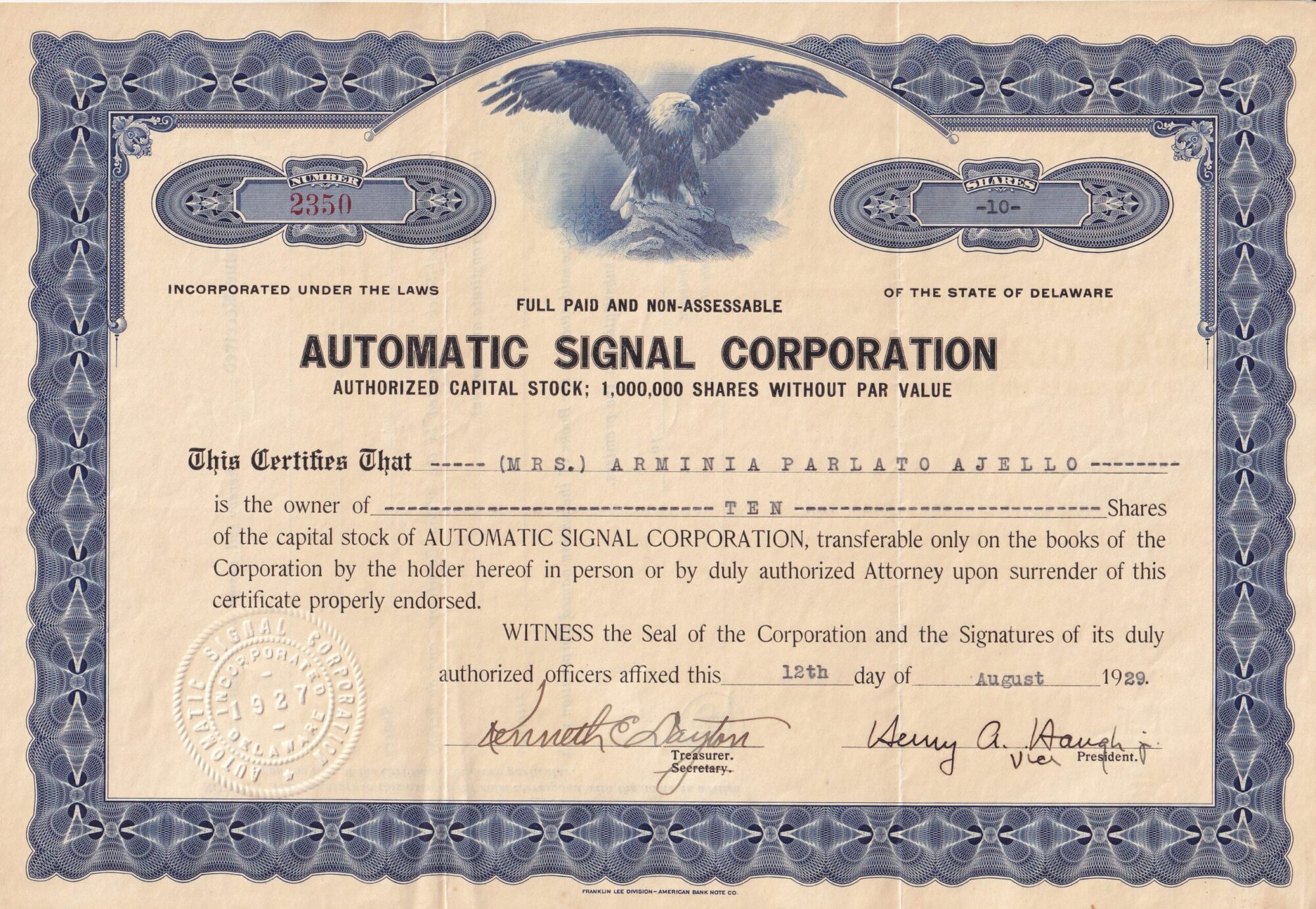Starting in mid-November 2023, Dow Stochastic and DeMARK indicators moved into their overbought range. By December 19, 2023, a variety of indicators such as the Relative Strength Index, Chalkin Oscillator, Price Oscillator, and Random Walk Indicator hit their overbought range peak. During this rally it was observed that Market Makers were consistently distributing extremely large blocks of stock. When their distributions were complete at the end of 2023, Market Makers started moving prices lower in Dow stocks that are not in the top ten Dow Index Component Weights of Stocks list. This group of stocks will provide a minimal impact on the Dow’s movement and give Market Makers the ability to initiate a decline without revealing their intentions to the public. The charts below provide a decline preview of what’s to eventually occur with the Dow Index.
Note: The following are strictly for illustration purposes only, not recommendations.
Charts courtesy of StockCharts.com.























































